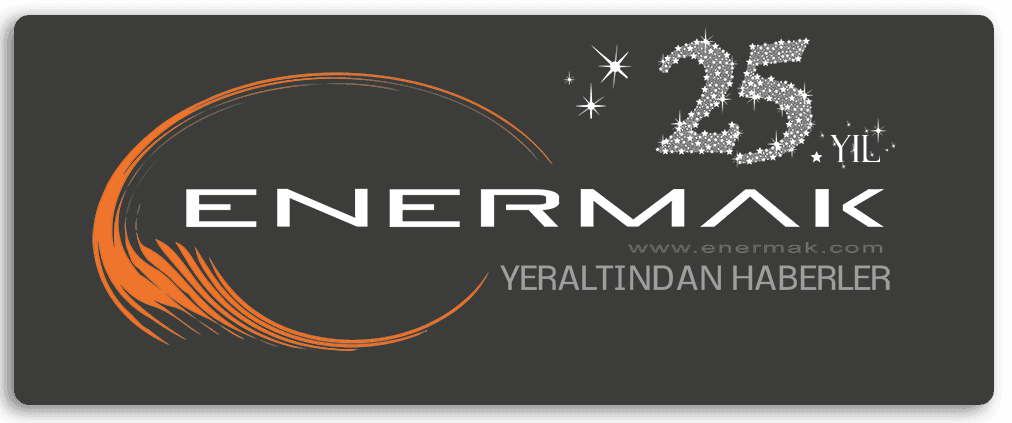![thumbnail_15666[1] - Enermak Enerji](https://enermak.com/wp-content/uploads/2022/04/thumbnail_156661.jpg)
Insulation Fault Detection (Holiday Test)
The insulation fault detection known as the Holiday Test is typically applied to pipes. In addition to pipes, it is also used to test the insulation coatings on metal structures that come into contact with soil, such as tanks, boilers, and valves, to prevent corrosion.
With advancements in technology, the Holiday Test is now applied to inspect insulation in areas within buildings, such as ceilings, floors, and walls, where chemical substances are used.
Why Do We Conduct Insulation Testing?
In high-risk and critical infrastructure lines such as potable water, oil pipelines, and gas pipelines, isolation is typically achieved using materials like epoxy, polyethylene, and PVC. Without such insulation, the pipes would be in direct contact with the soil, leading to corrosion (Corrosion is the deterioration of metals or metal alloys due to oxidation or other chemical effects; examples include rusting of iron or oxidation of aluminum). Over time, this corrosion could lead to issues such as perforation or explosion of the pipeline, depending on the type of fluid transported. Therefore, these lines are covered with insulating materials to prevent such problems.
We conduct tests on this insulation to ensure its integrity. Even a tiny gap or defect in the coating, as small as a needle tip, can lead to rapid onset of corrosion at that point, compromising the material’s durability and leading to oxidation.
Corroded Pipe Sample
With our insulation fault detection devices, we pinpoint errors across all surface areas. This allows for immediate intervention to prevent corrosion if any faults are detected before pipes are buried underground. You can choose to either use our service with an operator or rent the device to perform the Holiday Test yourself or have it done. For detailed information, please contact us.
![buyuk_9638a6f5[1] - Enermak Enerji](http://isimmedya.com/wp-content/uploads/2022/05/buyuk_9638a6f51.jpg)

